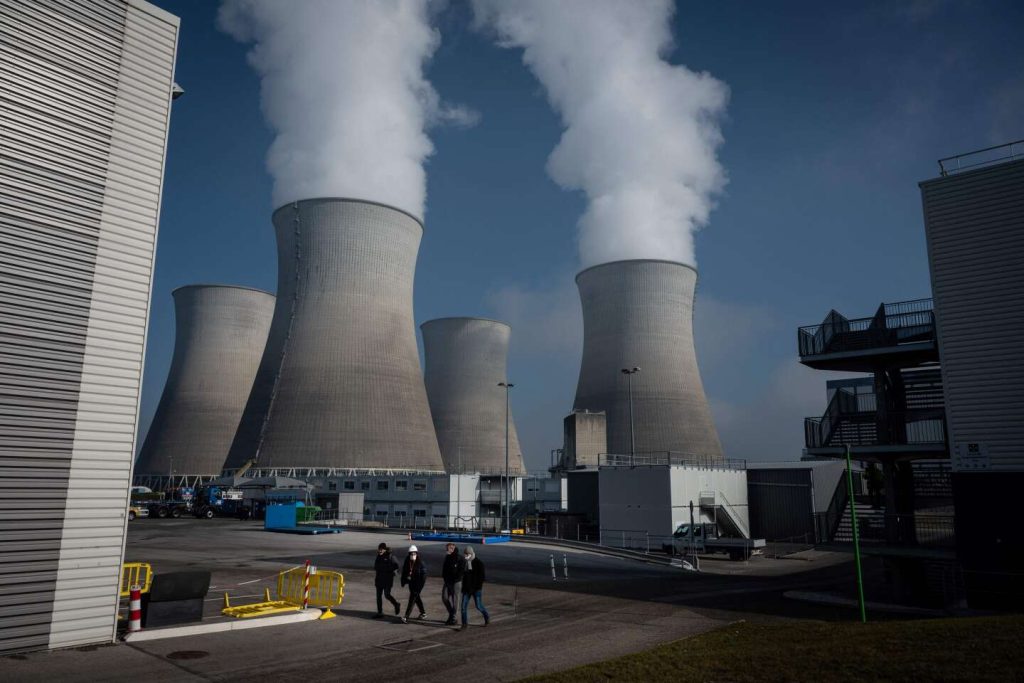Contrary to what the law requires, French deputies will not vote on the country’s major energy and climate objectives for the next decade. The Minister Delegate for Industry and Energy, Roland Lescure, confirmed in an interview with Le Figaro published on April 10th that the new energy roadmap for France, the multi-year energy program (PPE), will be adopted through regulatory means rather than legislative. The government had initially presented a draft law in November 2023 but has now backtracked on submitting its energy strategy to Parliament due to concerns about not being able to secure a majority on the text, with opposition from both the left on new nuclear reactors and the right and far-right on wind energy development.
According to Lescure’s office, there is a significant divide in the Assembly between pro-nuclear and pro-renewable energy factions, making it challenging to find a consensus. The government’s priority is to be efficient, rapid, and provide clarity to France’s energy strategy. In the spring of 2023, the government first passed a law on accelerating renewables before adopting a separate law on nuclear facility construction procedures. While previous roadmaps were adopted through decrees, the 2019 energy-climate law stipulated that a legislative text should determine objectives and action priorities for energy policy to address ecological and climate emergencies. The new PPE is now expected to be released by the end of the year following further consultations under the National Public Debate Commission.
Numerous consultations have taken place over the past two years, and the government aims to gather feedback from the French public on the objectives and measures needed to achieve them. For instance, questions on doubling onshore wind energy production capacity involve whether to increase the number of turbines or the power of existing ones, as raised by Roland Lescure. The new PPE is anticipated to outline specific measures and initiatives to meet national energy and climate goals after the conclusion of the consultation process led by the National Public Debate Commission.
The decision to bypass Parliament for the approval of the new energy roadmap has raised concerns about compliance with legal requirements. The 2019 energy-climate law mandated a legislative text to determine objectives and priorities for energy policy, necessitating parliamentary approval by July 1st, 2023. The exclusion of Parliament from the decision-making process has prompted criticism of the government’s approach to energy policy and the potential impact of such decisions on national energy security and sustainability. However, the government remains committed to engaging in public consultations and ensuring transparency in the development of France’s energy strategy.
Overall, the government’s decision to adopt the new energy roadmap through regulatory means rather than legislative has sparked debate and criticism regarding the transparency and democratic process in setting the country’s energy and climate objectives. While the government seeks to expedite decision-making and provide clarity on its energy strategy, concerns remain about the lack of parliamentary oversight and the implications for public participation in shaping France’s energy future. As the new PPE is expected to be released by the end of the year following further consultations, the government faces scrutiny over its approach to energy policy and the balance between regulatory efficiency and democratic principles in determining national energy priorities.


